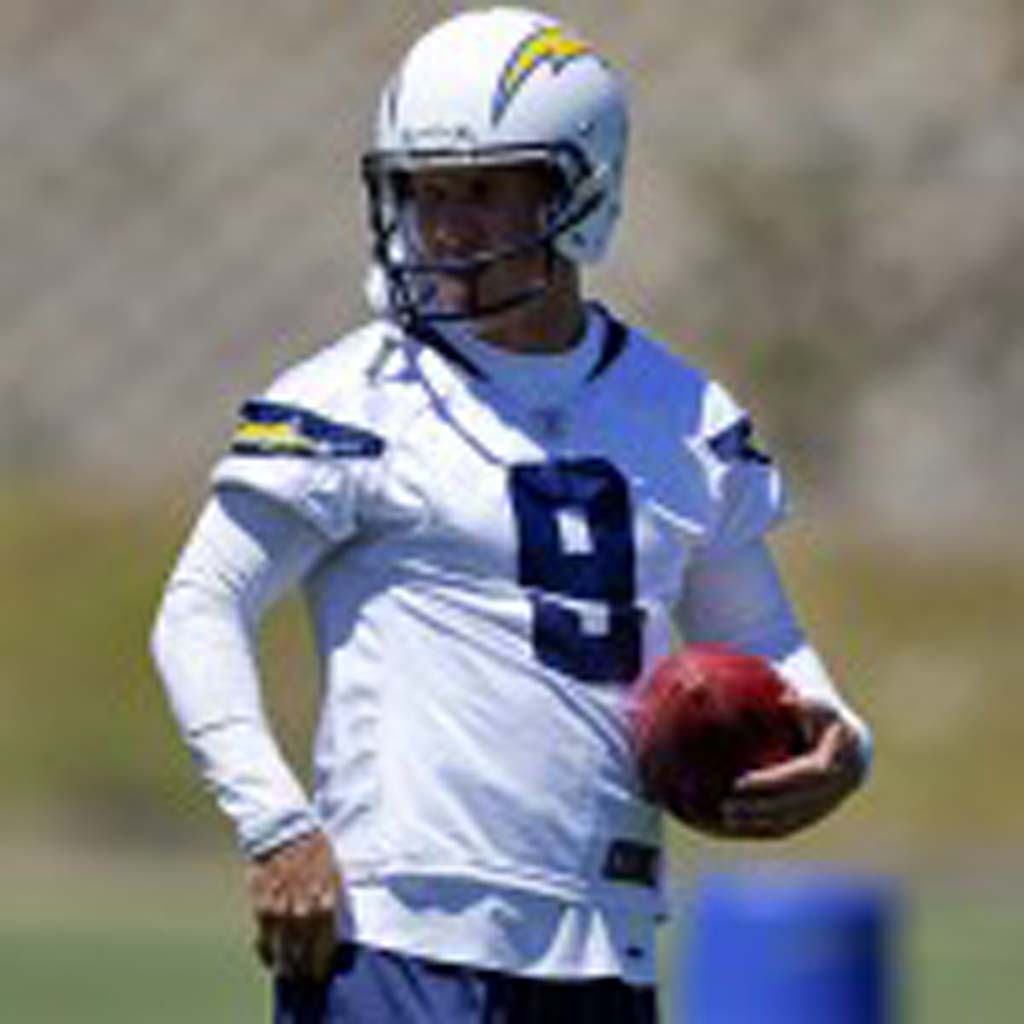SOLANA BEACH — Psychiatrist Dr. Ed Siegel has devoted his career to mental health.
This summer he’s focused on religion, and the ties that bind all faiths, with the release of his book, “To Be with God.”
Siegel’s first memory of religion occurred in the 1940s, walking home from kindergarten in Fort Collins, Colo., when a classmate threw a rock at his head and shouted “You killed Jesus!” Although his father was Jewish, Fort Collins had no Temples, and the subject of religion never came up at home.
“I went home crying and my dad said, ‘What happened?’” Siegel recalled. When he told him, his father explained, “I know his parents and they are anti-Semitic.” Siegel’s family began to educate him about Judaism, but young Eddie had little interest until visiting relatives in Pensacola, Fla., home to Temple Beth-El, Florida’s oldest Jewish congregation, one that was progressive and reflected the desire of members to be mainstream.
“During those years of going to Temple with my folks, I noticed that my father seemed genuinely reverent while praying both during the services and when saying grace before meals at home,” Seigel recalled. “I once asked him, ‘Dad, do you believe in God?’ He answered, ‘Son, if Albert Einstein, the smartest man alive says he believes in God, who am I to say that I don’t believe in God?’”
In his book, Siegel reveals two “startling and meaningful” events he experienced as a teenager that imparted a sense of spirituality.
Later, a love of travel that began his senior year of college presented an opportunity to share worship with Buddhists, Christians, Hindus, Jews, Muslims and followers of other religions in more than 80 countries.
“I’ve always enjoyed visiting any kind of religious service, the music and the friendly people,” Siegel explained. “When you travel it’s unavoidable if you want to experience the culture.
“The feeling of belonging is probably the most important thing about any religion.”
Siegel was traveling when he challenged himself to define the commonalities of all religions in a single sentence. The result was an 81-word sentence he calls his “Laconic Synthesis” —
“The architectural and bureaucratic infrastructure has, over the millennia, been established for a universally accepted religion (with varying names and beliefs) that recognizes the limitations of the human brain in perceiving ultimate spiritual truths, yet provides for 1) a sense of identity and belonging; 2) the expression of awe, faith, gratitude, contrition, hope, generosity, and remembrance; 3) the celebration of life’s major events; and 4) the transmission of those values that teach us right from wrong; one’s traditional religious beliefs and practices can be just as meaningful, only possibly confining.”
While visiting Spain, enjoying “an expensive Coca-Cola in a wine glass with a slice of lime,” Siegel decided to take his sentence one step further and develop it into a book. One by one, he recruited friends and colleagues to contribute chapters.
J.M.R. Delgado, M.D., D.Sc (professor of physiology and psychiatry, Yale) addressed “On Limitations of the Brain,” award-winning cookbook author Kitty Morse wrote “On Food in Religion,” engineer Chandra Collure on “Architecture in Religion,” and the Dalai Lama on “The Role of Religion in Modern Society.”
Siegel shares a love of music with friend Ben Vereen, and asked the Tony-award winning actor, dancer and singer to address, “On Music in Religion and the State of Awe.”
Vereen accepted the invitation. He wrote, “ … As a guest preacher, I’ve gratefully found that the sharing of music and my views of life not only allows me the joy of continuing to share my talents, but also greatly fulfills what I now see as my true sense of purpose in life: to inspire a shared sense of awe that can bring us closer to being in tune with the Great Divinity; be it God, Buddha, Christ, Allah, or whatever you want to call the Creator.”
To be with God, and have faith, Siegel adds, has little to do with the brain.
“We are reluctant in acknowledging that the human brain, even with its approximately one hundred billion neurons, presently has limitations as to what it can perceive and comprehend,” he explained.
For more information, visit edsiegelmd.com.


